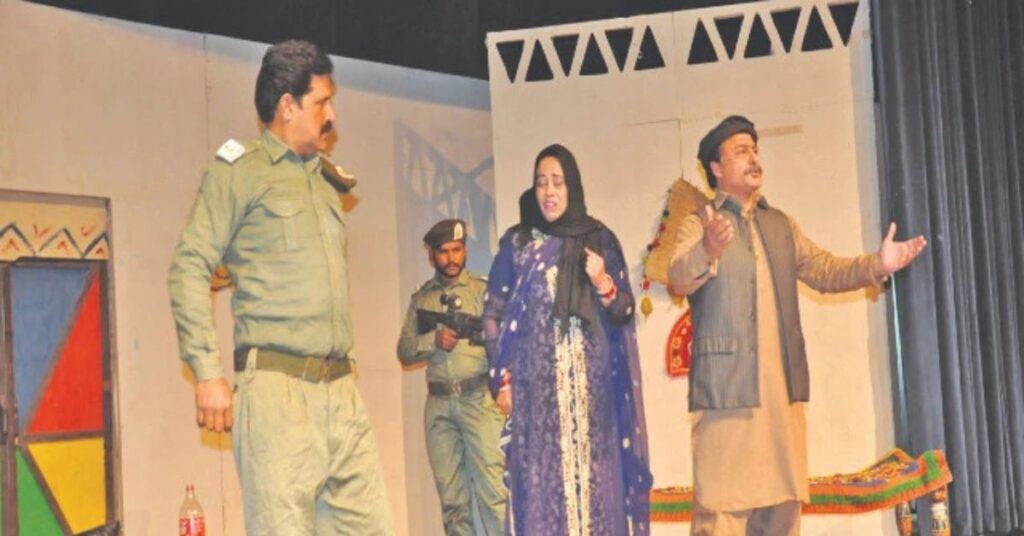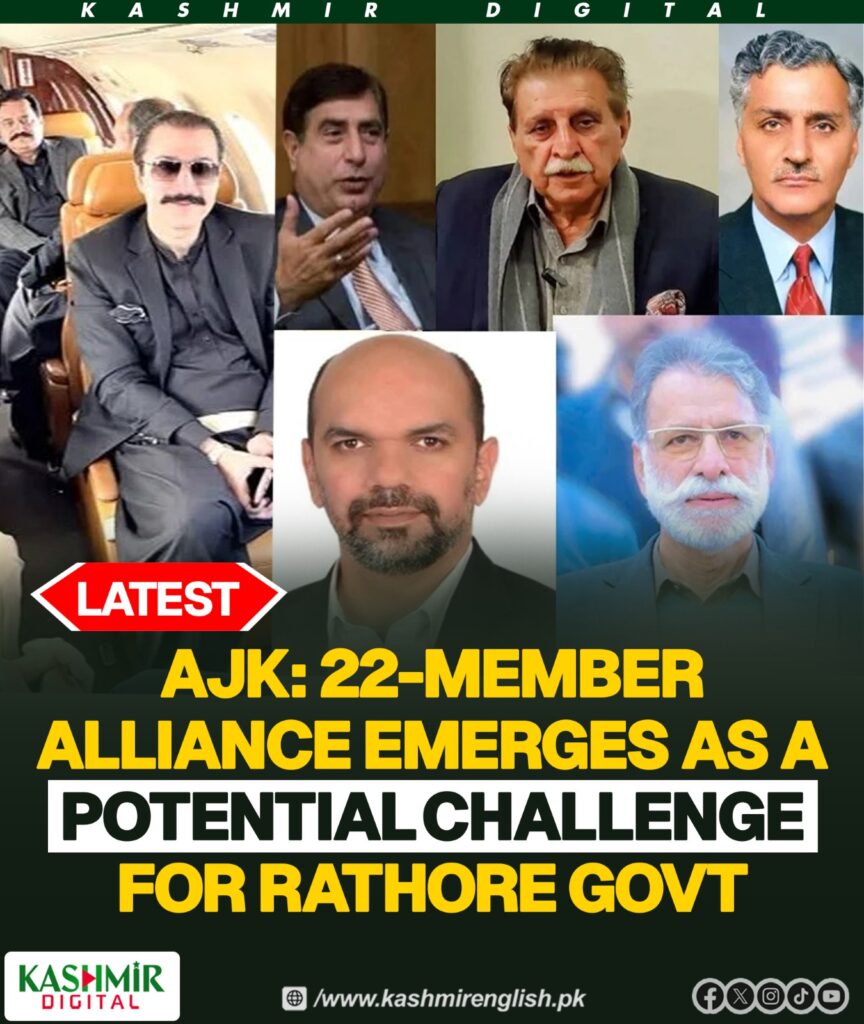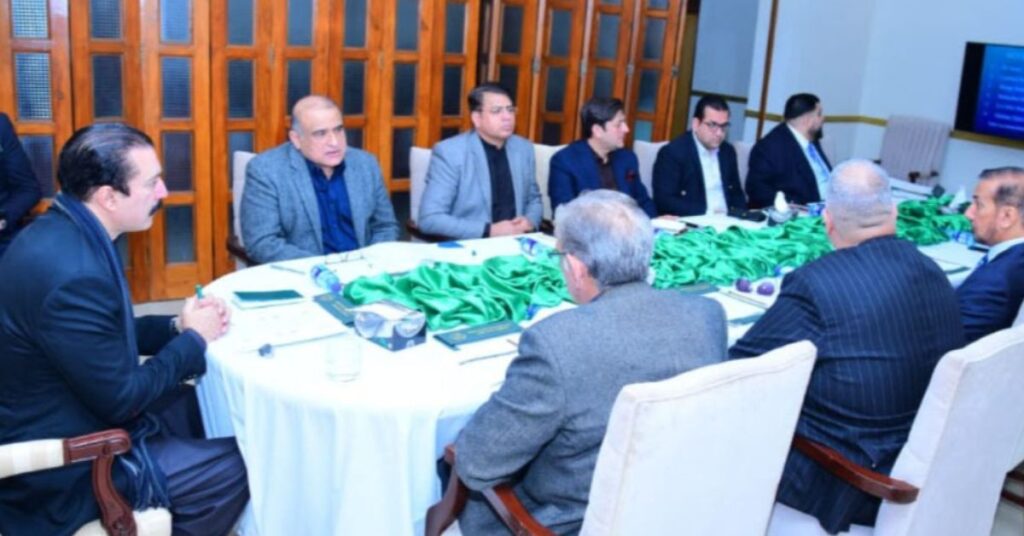MIRPUR (Kashmir English): Highlighting dangerous dimensions of the ongoing Kashmir conflict, speakers at a moot said that the lingering dispute has had a devastating impact on mental health of the population.
They said that the agony was leading to high rates of psychological distress, including depression, anxiety, and PTSD, in addition to increased rates of suicidal ideation.
They were addressing at a sideline event organized jointly by International Muslim Women Union (IMWU), Kashmir Institute of International Relations (KIIR) and International Women and Children Union (IWCU) at Geneva.
The event was attended and addressed by noted human rights activists, international law experts and academicians including former member European Parliament Julie Carolyn Ward, Dr. Carrie Pemberton Ford, Executive Director at CCARHT Counter Trafficking Centre, Carolyn Handschin Moser, Ms Shamim Shawl, Stella Harris Member of Women’s Federation for World Peace, Dr. Abida Rafique and others. The event was moderated by the KIIR chief Altaf Hussain Wani, says a message released to the media on Saturday.
In his initial remarks, Wani underlined the horrible impacts of armed conflicts on mental health of common people, saying that the violent conflicts disproportionately affect vulnerable populations, particularly women and children.
“In conflict zones, exposure to violence, displacement, loss of loved ones, and destruction of communities lead to severe psychological trauma, including PTSD, anxiety, and depression”, he said, adding that women often face gender-based violence, which exacerbate their mental health.
Children, on the other hand, he said endure disrupted development, lack of education, and prolonged emotional distress.
Kashmir conflict a perfect case study
The speakers, while referring to the prevalence of anxiety, depression and post-traumatic stress disorder in Kashmir, stated that the current situation in the occupied territory offers a distinctive case study for scholars examining the impact of conflict on mental health.
Citing relentless repression by political and human rights by the Indian authorities in Kashmir, they said that use and abuse of force led to bloodshed and violence that continue unabated.
They said that the Kashmiri women and children have suffered the most during the decades of turmoil in the region.
“A large number of women have been tortured and physically, sexually and mentally assaulted by the Indian occupation Forces,” they said, adding that tens of thousands of children have been rendered orphan.
Citing different mental health surveys conducted in the region, they said that 37 percent of adult males and 50 percent of adult females in Kashmir suffer from mental distress.
Terming the continued conflict in the region as the major cause of deteriorating mental health amongst the Kashmiri people, the speakers said that it was high time that the world takes effective cognizance of the matter and play its much-needed role to settle this long-drawn conflict.
They regrettably noted that despite the recognition of mental health as a fundamental human right, access to psychological support remains limited in war-torn regions due to weak healthcare systems, stigma, and inadequate policy frameworks.
The speakers stressed the urgent need for integrating mental health services into humanitarian responses, advocating for stronger international commitments to safeguard the psychological well-being of affected populations and ensuring that mental health care is recognized as a critical component of human rights protection in conflict settings.




